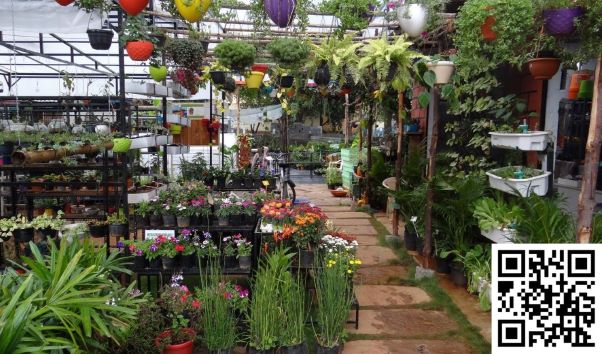Dolichos Beans Seeds (Lablab purpureus)
Dolichos Beans Seeds, Dolichos beans are a wonderful addition to any garden, offering both edible and ornamental value. With proper care—regular watering, nutrient-rich soil, and good pest management—these fast-growing vines will produce an abundant harvest. Their ability to thrive in warm climates makes them a favorite among home gardeners, providing a delicious and nutritious bean crop throughout the growing season.
- Estimated Delivery : Up to 3 business days
- Free Shipping & Returns : On all orders over ₹550 in Bangalore
Dolichos Beans Seeds, Dolichos beans, also known as Lablab beans or Hyacinth beans, are a versatile legume used for their edible pods, beans, and leaves. The plant is also valued for its ornamental purple flowers and fast-growing vines.
1. Seed Selection
• Choose healthy, mature seeds from a reliable source.
• Opt for disease-resistant varieties, especially if growing in humid regions where fungal diseases are common.
2. Planting Time
• Sow Dolichos beans in the spring, after the last frost, when soil temperatures reach 65°F (18°C) or higher.
• In warmer climates, it can be planted throughout the growing season.
3. Soil Preparation
• Prepare well-draining soil enriched with organic matter like compost or well-rotted manure.
• A slightly acidic to neutral soil pH of 6.0-7.0 is ideal.
• Ensure the soil is loose and well-aerated for optimal root growth.
4. Seed Sowing
• Sow seeds 1-1.5 inches deep, spacing them 3-4 inches apart.
• If planting in rows, space rows 2-3 feet apart.
• Water the soil lightly after sowing to promote germination.
5. Germination
• Seeds typically germinate within 7-14 days at a soil temperature of 70-85°F (21-29°C).
• Keep the soil consistently moist but not waterlogged during the germination period.
6. Watering and Care
• Water regularly, especially during dry spells, to keep the soil moist.
• Mulch around the plants to retain moisture and suppress weeds.
• Provide support, such as a trellis or stakes, as Dolichos beans are climbers.
7. Fertilizing
• Apply a balanced fertilizer (NPK 10-10-10) at planting.
• Side-dress with compost or a nitrogen-rich fertilizer once the plants start vining.
• Avoid excessive nitrogen, which can lead to lush foliage but reduced bean production.
8. Pests and Diseases
• Monitor for aphids, bean beetles, and spider mites. Use insecticidal soap or neem oil to control infestations.
• To prevent fungal diseases like powdery mildew, ensure good air circulation and avoid overhead watering.
9. Harvesting
• Harvest Dolichos beans when the pods are tender and young, about 60-80 days after planting.
• Beans can be harvested at different stages: young pods, mature beans, or dried seeds.
• Regular harvesting encourages more pod production.
10. Seed Saving
• Allow some pods to mature and dry on the plant for seed collection.
• Once the pods are fully dry and brown, pick them, remove the seeds, and let them dry further.
• Store seeds in a cool, dry place for future planting.
Conclusion
Dolichos Beans Seeds, Dolichos beans are a wonderful addition to any garden, offering both edible and ornamental value. With proper care—regular watering, nutrient-rich soil, and good pest management—these fast-growing vines will produce an abundant harvest. Their ability to thrive in warm climates makes them a favorite among home gardeners, providing a delicious and nutritious bean crop throughout the growing season.








Reviews
There are no reviews yet.